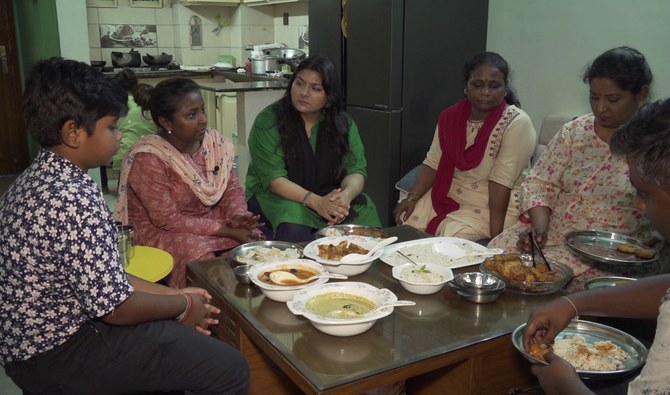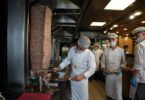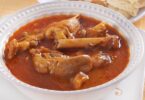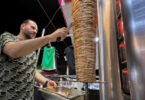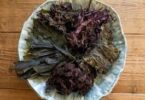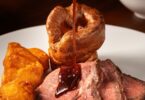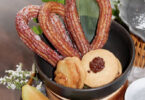Buraq Shabbir
KARACHI: Looking for better prospects of life, the grandfather of Ravi Shankar Swami, 41, migrated to the port city of Karachi from the southern Indian state of Tamil Nadu in the 1930s. The Swami family was among a few hundred others that brought the rich taste of the Tamil cuisine with them, which has transitioned over the decades and adopted some ingredients common in present-day Pakistan.
The southern Pakistani province of Sindh is home to a small community of Tamils, a Dravidian ethno-linguistic group, who migrated from southern India in the 1930s. There are around 5,000 Tamils currently living in Pakistan, who include Muslims, Hindus and Christians, according to the Swamis, according to the community members. Some of these families have been settled in the Pakistani culinary and commercial hub of Karachi since the pre-partition British Colonial era.
The small community speaks Tamil, which is the official language of Tamil Nadu in southern India, while some of its prominent dishes include dosa (a thin pancake made from a fermented batter of ground black lentils and rice), idli (savoury rice cake usually served in breakfast), upma (a thick savory porridge made from dry-roasted semolina) and vada (savoury fried snacks made with ground chickpeas and lentils).
“Over the years, the food [we make in Pakistan] has gone through a transition. It is inspired from the Pakistani cuisine. Some of the masalas (spices) have come in from here,” Swami, a Tamil Hindu who works as a manager at a software house in Karachi, told Arab News.
“[Similarly,] Tamils in Sri Lanka, their food is also inspired by some of the Sri Lankan cuisines.”
Tamil cuisine, according to the Swami family, originated in the Indian state of Tamil Nadu that has a rich history.
“We make vada during weddings at the Haldi ceremony,” said Swami’s sister, Sunita Swami, as she mixed the batter before frying it. “It takes place in the morning in our culture. So, we make daal chawal and this (vada). They are deep-fried.”
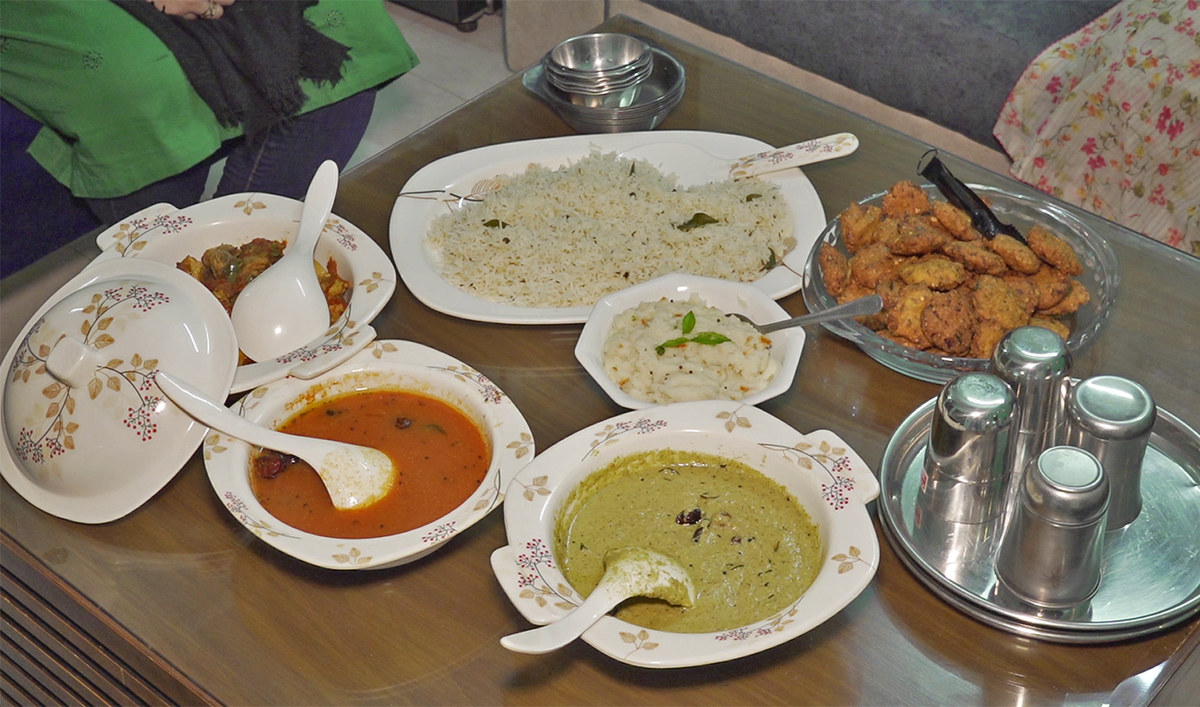
The picture taken on July 22, 2023, shows Tamil cuisine made by women of the Swami family in Karachi, Pakistan, on July 22, 2023. (AN photo)
The savoury fried snack is made with split chickpeas and split lentils, which are ground after being left to soak in water overnight.
Swami’s grandparents moved to Karachi, now a bustling megapolis of more than 15 million, when the South Asian port city had been booming under the British Raj, while their fourth generation is currently residing in Pakistan, according to Swami’s sister Renuka Swami, who said it was the food and language that connected Tamils all over the world, irrespective of the religion they practiced.
“Kolachi (former name of the port city) was a booming industry [back then]. So, he (grandfather) came for better prospects sometimes in late 1930s,” Renuka said. “In Sindh, particularly in Karachi, there would be around 300 households. They are spread across various localities in Karachi. In a land where Tamil [language] is alien, it kinds of connected people.”
Swami’s mother, Annadanam Swami, shared they make dosa on special occasions as it requires a lot of efforts.
They first grind rice and black lentils before combining the two and adding tarka (heated oil or ghee in which spices and onions are well-stirred and browned), according to Annadanam. It is then fried with minimal oil in a non-stick pan.
“People in India mostly make it daily. It is available everywhere now, but it originated in Tamil Nadu. Previously, only Tamils used to make it,” Annadanam said. “The filling is a chutney. It’s up to the people to have it with potato filling [too]. A Tamil will have it with chutney only. Now there are a lot of variations and fillings.”
Many people believe dosa is the only Tamil food, but reality is that rice dominate the Tamil cuisine, according to Swami.
“It [Tamil food] was here [in Pakistan] since the 1940s, but it came to prominence in the early or late 90s with dosa. Most people know dosa,” he said.
“As my father was also telling that they never used to eat roti in the beginning. Everything was rice. Tamil Nadu is a rice-eating nation. Roti came later. If you are not eating rice, you are not a Tamil. We grew up hearing that.”

